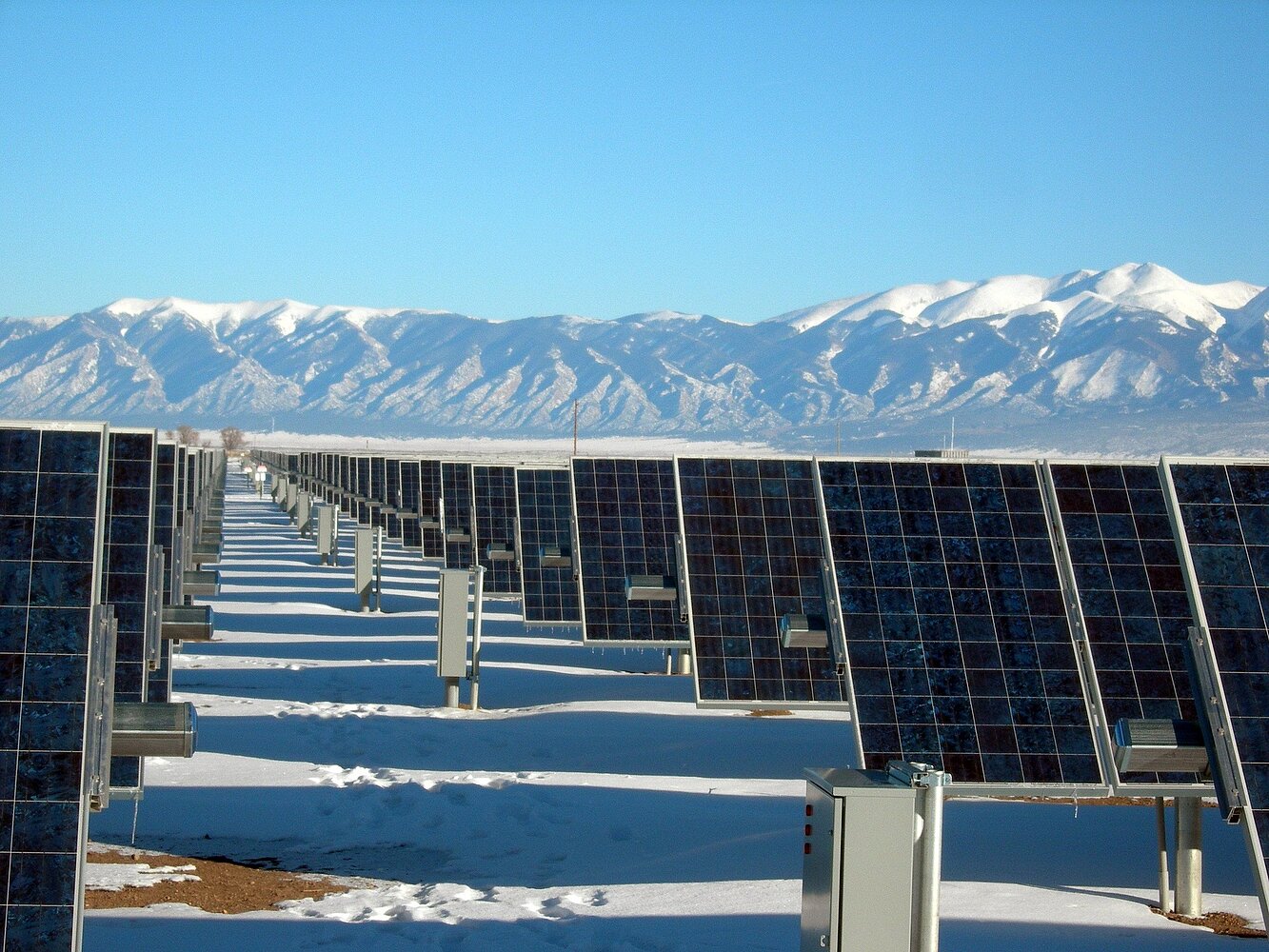On December 1, 2020, the preliminary results of the project's six work packages were presented at a mid-term colloquium. The conference took place online and was attended by around sixty participants from science, business, politics and civil society. It was organized by the project coordination office together with the Upper Rhine trinational energy and climate network, TRION-climate e.V. The keynote speaker was Mr. Georges Walter, Director of Environment at the Conseil Départemental du Haut-Rhin, France.
The analysis of production and storage potentials of renewable energy (RE) shows that the region has the potential to cover at least its electricity demand, provided that the developed projects are profitable and acceptable to the population. Energy system modeling has shown the importance of developing storage technologies to meet higher demand than supply (e.g. at peak times), given the intermittent nature of RE. The development of smart technologies, such as microgrids with smart meters, would also help to better match demand with supply, but raises the issue of cybersecurity. Using a microgrid demonstrator and a real-time simulator, researchers at the University of Haute-Alsace were able to experiment with different approaches to protect the microgrid from cyberattacks and develop resilience methods.
The second part of the conference focused on the sociocultural, legal and economic aspects of the development of an integrated market based on RES in the Upper Rhine region. The importance for each country to ensure energy security is linked to issues of social acceptance of reforms, technology choices, infrastructure costs, buy-back of generated energy, and size and management of the grid. In addition, the development of a viable model requires a balanced distribution of costs between countries as well as between different actors (e.g., grid operators, energy companies, end users, and prosumers). Energy cooperatives offer a solution for both increased energy resilience and democratization by giving a place to local actors.
After this afternoon of presentations and rich debates between experts and participants, it was concluded that energy transformation can only happen through cross-border cooperation that gives a place to local energy stakeholders and takes into account the different technological and social aspects, as can be observed from these preliminary results.
